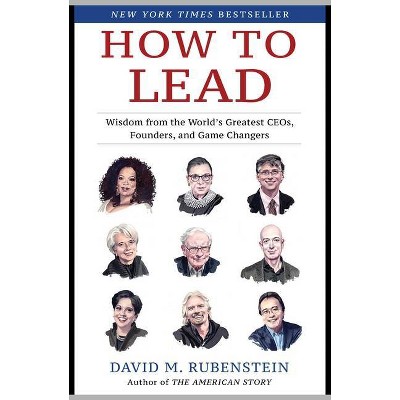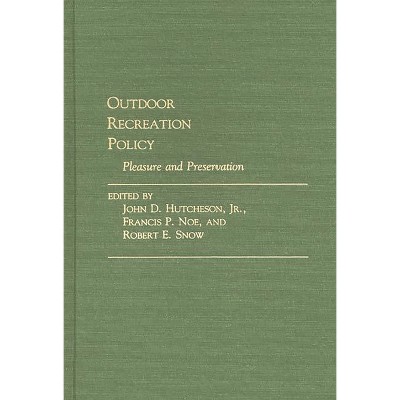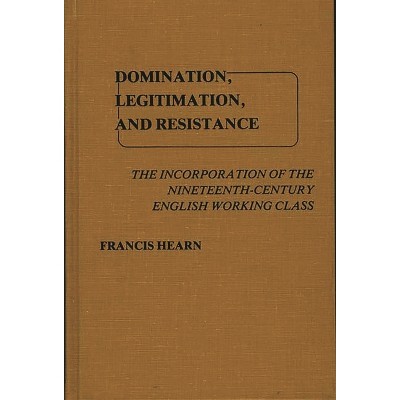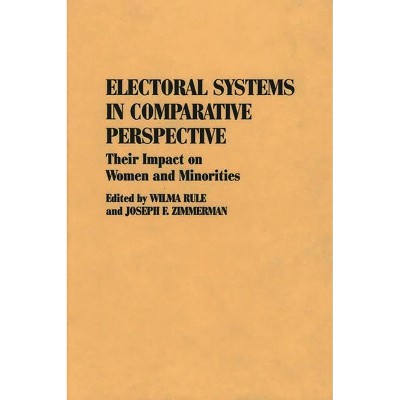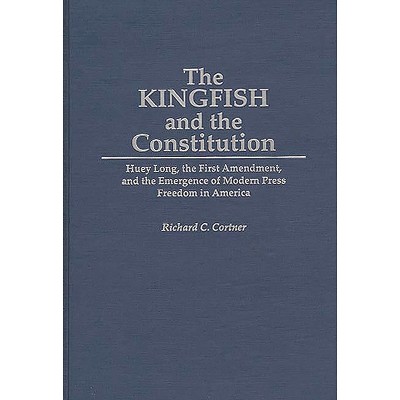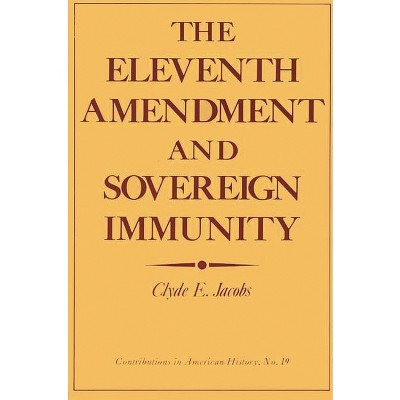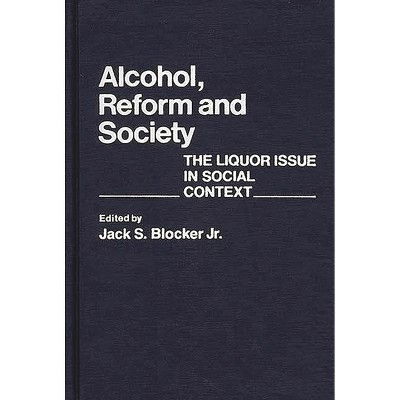Sponsored

No King, No Popery - (Contributions in American History) by Francis D Cogliano (Hardcover)
In Stock
Sponsored
About this item
Highlights
- This book explores the complex relationship between anti-Catholicism, or anti-popery to use the contemporary term, and the American Revolution in New England.
- About the Author: FRANCIS D. COGLIANO is Senior Lecturer in American History at La Sainte Union College in Great Britain.
- 192 Pages
- History, United States
- Series Name: Contributions in American History
Description
About the Book
This book explores the complex relationship between anti-Catholicism, or anti-popery to use the contemporary term, and the American Revolution in New England. Anti-Catholicism was among the most common themes in colonial New England culture. Nonetheless, New Englanders entered into an alliance with French Catholics against Protestant Britons during the American Revolution. As New Englanders traditionally associated Catholicism with tyranny and oppression, they were able to extend these feelings to the popish British upon the passage of the Quebec Act. As a consequence, anti-popery helped enable New Englanders to make the intellectual transition that war with Britain required. During the Revolution, anti-popery became less popular as the American rebels relied on Catholic France for aid. By the end of the revolutionary era, Catholics were extended legal toleration in all of the New England states. The book's conclusion explores the change in religious tolerance and the decline of anti-popery with a study of New England's first Catholic parish.
Book Synopsis
This book explores the complex relationship between anti-Catholicism, or anti-popery to use the contemporary term, and the American Revolution in New England. Anti-Catholicism was among the most common themes in colonial New England culture. Nonetheless, New Englanders entered into an alliance with French Catholics against Protestant Britons during the American Revolution. As New Englanders traditionally associated Catholicism with tyranny and oppression, they were able to extend these feelings to the popish British upon the passage of the Quebec Act. As a consequence, anti-popery helped enable New Englanders to make the intellectual transition that war with Britain required. During the Revolution, anti-popery became less popular as the American rebels relied on Catholic France for aid. By the end of the revolutionary era, Catholics were extended legal toleration in all of the New England states. The book's conclusion explores the change in religious tolerance and the decline of anti-popery with a study of New England's first Catholic parish.Review Quotes
.,."highly recommended for anyone interested in the political and social history of the early years of the United States. Living historians would benefit from the information on colonists' opinions to further enhance their first person impressions."-Smoke and Fire Review
?...highly recommended for anyone interested in the political and social history of the early years of the United States. Living historians would benefit from the information on colonists' opinions to further enhance their first person impressions.?-Smoke and Fire Review
?Cogliano has fashioned an entertaining description of the intellectual gymnastics performed by previously anti-Catholic New England ministers as they confronted the military necessity of an alliance with France.?-Ecclesiastical History
?Cogliano's argument for the region's "anti-papal persuasion" is effective. Anti-Catholicism is shown to be remarkably strong in New England; and Cogliano effectively demonstrates how such bigotry was employed by some revolutionaries to help forge a viable Revolutionary ideology in New England.?-Historical Journal of Massachusetts
?New England's record of anti-Catholicism is wel known, but Cogliano provides the first comprehensive history of that influence in the Revolutionary period...Recommended.?-Choice
..."highly recommended for anyone interested in the political and social history of the early years of the United States. Living historians would benefit from the information on colonists' opinions to further enhance their first person impressions."-Smoke and Fire Review
"Cogliano has fashioned an entertaining description of the intellectual gymnastics performed by previously anti-Catholic New England ministers as they confronted the military necessity of an alliance with France."-Ecclesiastical History
"New England's record of anti-Catholicism is wel known, but Cogliano provides the first comprehensive history of that influence in the Revolutionary period...Recommended."-Choice
"Cogliano's argument for the region's "anti-papal persuasion" is effective. Anti-Catholicism is shown to be remarkably strong in New England; and Cogliano effectively demonstrates how such bigotry was employed by some revolutionaries to help forge a viable Revolutionary ideology in New England."-Historical Journal of Massachusetts
About the Author
FRANCIS D. COGLIANO is Senior Lecturer in American History at La Sainte Union College in Great Britain.Shipping details
Return details
Frequently bought together


Trending Non-Fiction







